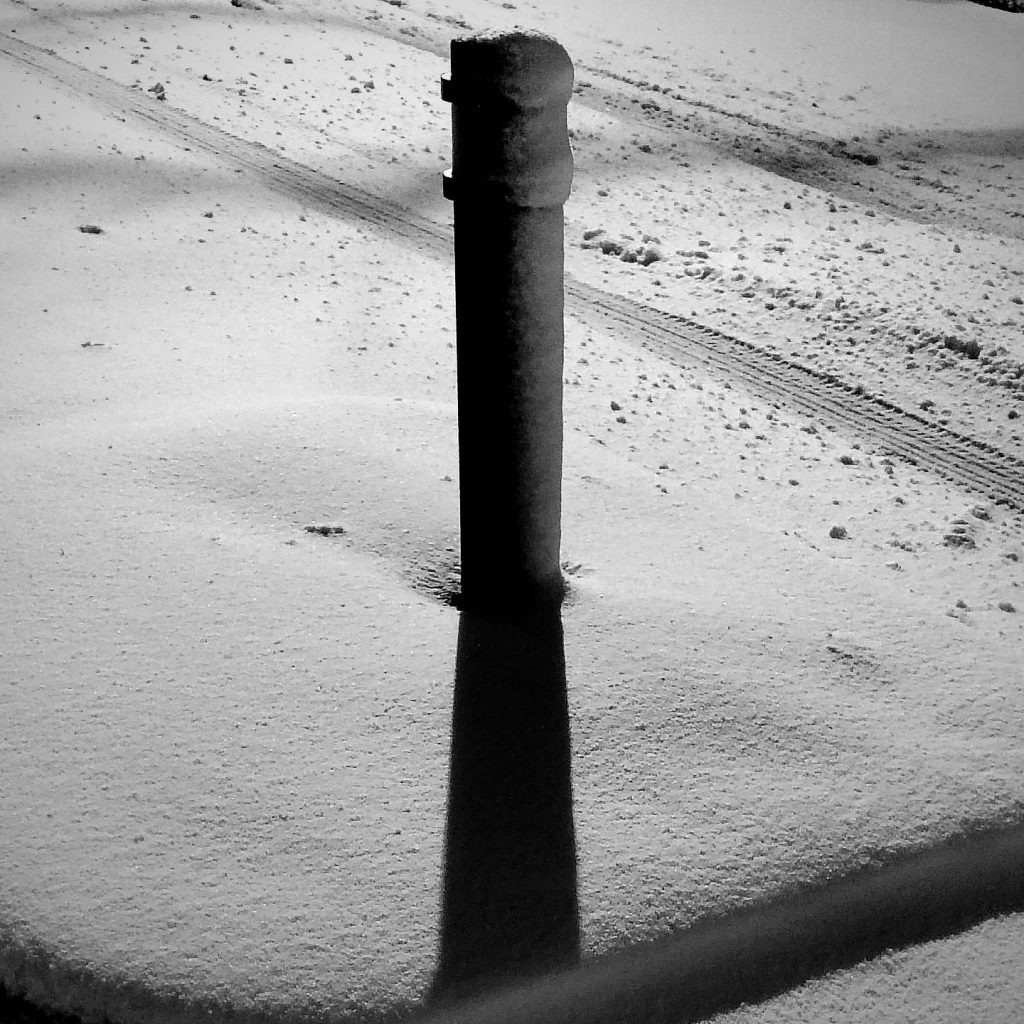If art today has become impossible while being more necessary then ever, if indeed it falsifies itself by its very existence, then perhaps the only recourse is silence. Silence in the midst of chaos, cultural detritus, sub-farcical offerings, already-dead works, screams louder than any depiction, representation, any self-conscious falsification of form and content.
And yet, to mistake the silencing of art itself for a solution, to mistake it as the ‘right’ thing to do, would be yet more catastrophic than the continued, empty hustle and bustle that today passes for ‘art’. For the affirmation of silence – worse, its inheritance – however legitimately it expresses suffering that cannot be expressed, would result only in the eventual silencing of that which keeps such faculties alive, in however degraded a form.
To silence ourselves for the sake of what is silenced is ultimately to accede to its impossibility, to cease bearing even its rotted corpse in the hope of conveying a cure, to resign in spite of ourselves. But, if continuing the farce is also a form of resignation, also a form of giving up, giving in, then the dead ends that are really the same blind alley must instead point beyond mere art as the solution to the ills from which it suffers. These ills are not contained within art alone; art’s very existence is but a symptom of them.
